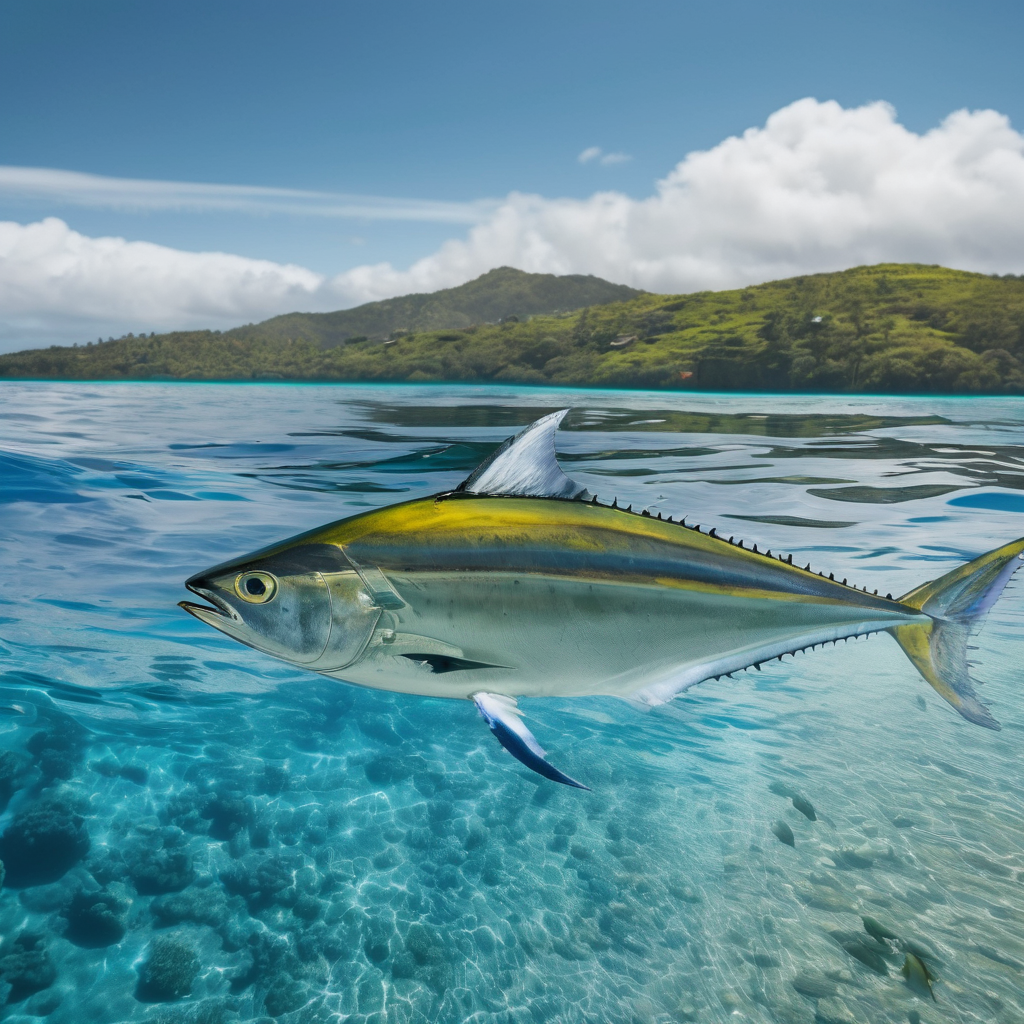Fiji is reaffirming its dedication to sustainable ocean management and the protection of its marine ecosystems as it takes a leading role in regional tuna conservation efforts. During a parliamentary address this week, Fisheries Minister Alitia Bainivalu highlighted the significance of the Western and Central Pacific Ocean, which contributes nearly 60 percent of the global tuna harvest and is recognized as one of the best-managed fisheries in the world.
Minister Bainivalu emphasized that the shared tuna stocks in the region remain healthy, avoiding the pitfalls of overfishing. This success is attributed to stringent scientific monitoring and robust regional collaboration. Fiji has long championed responsible fishing practices by implementing national quota caps, establishing closed fishing areas, and taking measures to protect endangered marine species such as sharks and turtles.
The commitment to sustainability was prominently showcased at the recent 9th Pacific Tuna Forum, where Bainivalu reinforced Fiji’s leadership in advocating for sustainable fisheries and ocean conservation through alliances with organizations including the Pacific Islands Forum Fisheries Agency, the Pacific Community (SPC), and InfoFish.
Fiji has made significant strides in its fisheries sector, highlighted by landmark agreements designed to manage South Pacific albacore tuna sustainably. A new agreement, reached after nearly two decades of negotiations, introduces a proportional allocation system that replaces outdated competitive approaches, emphasizing responsible management of tuna stocks. This progressive strategy is expected to bolster the economic viability of coastal communities as Fiji aims for high-value markets for fresh and chilled tuna.
Furthermore, a budget allocation of $24.9 million will be directed towards enhancing Fiji’s fisheries sector, focusing on operational advancements such as improved monitoring, surveillance, and expanded cold storage capabilities, all essential for ensuring competitiveness and sustainability.
Through ongoing initiatives and collaborative efforts within the region, Fiji’s proactive approach to fisheries management reflects an optimistic vision for its fishing communities and local economies, highlighting a steadfast commitment to preserving marine ecosystems and supporting the livelihoods dependent on them. As challenges like climate change and illegal fishing persist, Fiji’s leadership in sustainable practices continues to instill hope for a thriving future in its fisheries sector.
